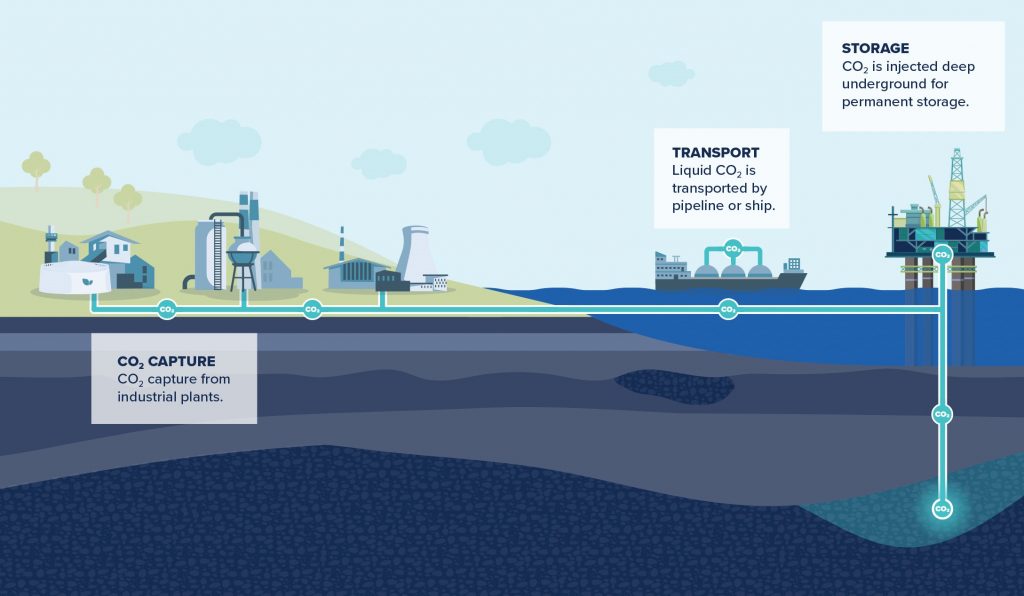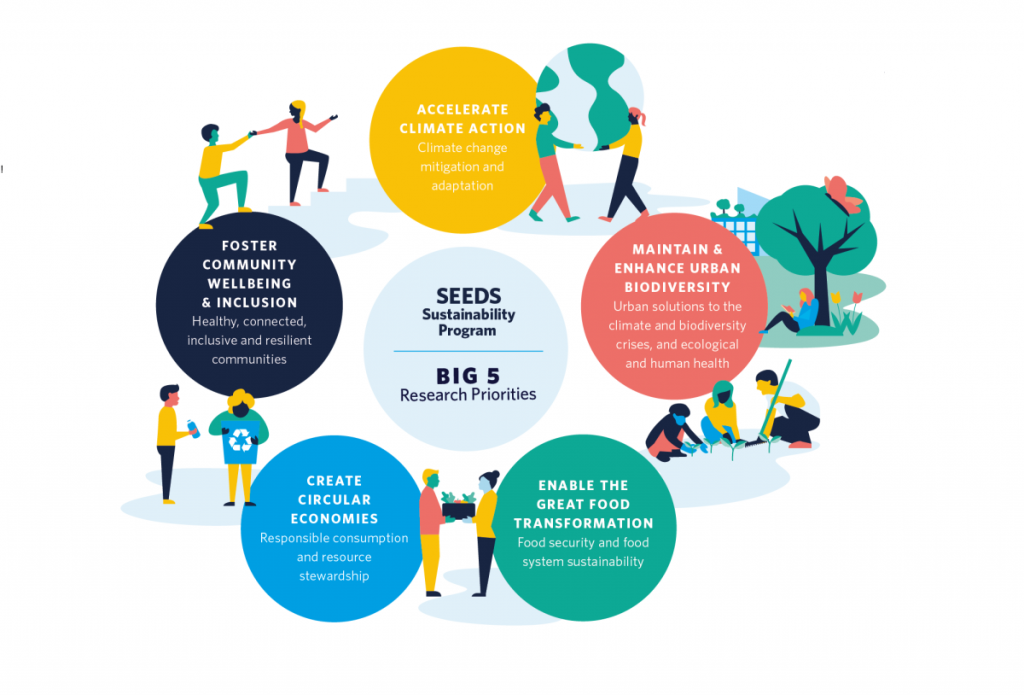Sanita Rahman | MEL Candidate | DEC 14, 2023 | ROOM C300 @ 14:30 – 15:00
Mentors: Maxi Kniewasser (Staff Client), Jenalee Kluttz (Project Developer) – UBC SEEDS
Abstract
The University of British Columbia (UBC) has set an ambitious target of achieving net-zero emissions by 2035[1], in line with national and global climate goals. To achieve this objective, the SEEDS project has been proposed to evaluate and identify promising carbon removal solutions. This will involve assessing various technologies like CO2 direct air capture, CO2 mineralization, BECCS, and ocean alkaline enhancement. The objective of the study is to evaluate the feasibility and potential of each technology, while considering estimated abatement costs. This analysis will provide UBC with a better understanding of how to support or engage in these innovative projects. The project aligns with British Columbia’s CleanBC [3] and Canada’s 2050 net-zero emissions objective [2], as well as international priorities outlined by the Paris Agreement [4] and the International Energy Agency [5]. The study will delve into the strengths and challenges of each technology, providing a comprehensive understanding of their implications. Given the early-stage nature of these technologies, this research project is particularly important as it explores potential obstacles and limitations. Additionally, it performs a market analysis of the global carbon capture industry and discusses the current market trends. It further explores potential partnerships with carbon removal companies, and performs a comparative analysis of their core technologies, market presence and competitive advantages. The findings of this research project will play a crucial role in shaping UBC’s strategic approach to addressing the climate challenge and fostering sustainable initiatives in carbon removal technologies.

Project Background
This project is a part of the University of British Columbia’s Social Ecological Economic Development Studies (SEEDS) Sustainability Program [6], which aims to address pressing societal challenges. The project falls under the “Accelerate Climate Action” category, and it makes use of the Campus as a Living Laboratory initiative to contribute substantially to UBC’s sustainability and well-being commitments. SEEDS promotes interdisciplinary collaborations across faculties and departments based on demand-driven, action-oriented research priorities. This project is a crucial part of SEEDS’ mission, as it explores innovative approaches to carbon removal technologies and emphasizes the urgency of climate action. It aligns with UBC’s strategic goals and the United Nations Sustainable Development Goals. Through applied research and community engagement, this initiative demonstrates SEEDS’ dedication to advancing sustainability practices and making meaningful societal impacts.

References:
- UBC commits to net zero emissions by 2035 – UBC News. (2021, December 9). UBC News. https://news.ubc.ca/2021/12/08/ubc-commits-to-net-zero-emissions-by-2035/
- Net-zero emissions by 2050. (2023, October 27). Canada.ca. https://www.canada.ca/en/services/environment/weather/climatechange/climate-plan/net-zero-emissions-2050.html
- Home – CleanBC. (2023, December 1). CleanBC. https://cleanbc.gov.bc.ca/
- The Paris Agreement. (n.d.). United Nations Climate Change. Retrieved December 7, 2023, from https://unfccc.int/process-and-meetings/the-paris-agreement
- Net Zero Roadmap: A Global Pathway to Keep the 1.5 °C Goal in Reach – Analysis – IEA. (n.d.). IEA. https://www.iea.org/reports/net-zero-roadmap-a-global-pathway-to-keep-the-15-0c-goal-in-reach
- SEEDS Sustainability Program. (2023, August 29). sustain.ubc.ca. https://sustain.ubc.ca/teaching-applied-learning/seeds-sustainability-program
Contact:
Email : sanita.ubc@gmail.com
LinkedIn : www.linkedin.com/in/sanita-rahman